
THREAD: syrias political chaos assad ousted...
LifeLine™ Media threads use our sophisticated algorithms to construct a thread around any topic you want, providing you with a detailed timeline, analysis, and related articles.

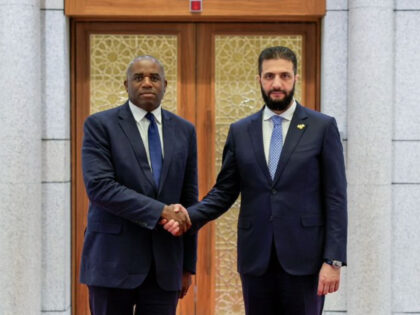
UK-SYRIA PEACE Deal Shocks Britons: Hope and Doubt After Assad Ousted
— Britain is reopening ties with Syria after 13 years of conflict and sanctions against Bashar al-Assad’s regime. Assad was forced out in December, ending a long civil war. Now, the UK says it’s time to work with Syria’s new leaders.
Labour Foreign Secretary David Lammy explained the move, saying it helps Britain by supporting a stable government in Syria. He claims this could lower illegal migration, stop chemical weapons threats, and fight terrorism before it reaches British shores.
Photos show Lammy meeting interim Syrian President Sharaa and Foreign Minister Asaad al-Shaibani. Both sides promised to build stronger ties and tackle problems together in the region.
Years ago, Britain joined airstrikes against Assad’s forces. Today, leaders say working with Syria is key for national security at home — and for peace abroad.

UK’S BOLD Return: Britain’s Shocking Embrace of Syria’s NEW Government
— Britain has reopened diplomatic ties with Syria after more than ten years of cutting them off. This comes after rebel forces removed Bashar al-Assad from power, putting interim President Sharaa in charge.
Foreign Secretary David Lammy met with President Sharaa and Syrian Foreign Minister Asaad al-Shaibani to talk about building a new partnership and tackling problems in the region. Photos from the meeting show a dramatic change in how Britain deals with Syria’s leaders.
Lammy said helping Syria’s new government is good for British interests. He listed stopping illegal migration, destroying chemical weapons, and fighting terrorism as main goals.
The UK once supported tough sanctions and even military action against Assad during the civil war, but now it seems ready to work closely with Damascus again.
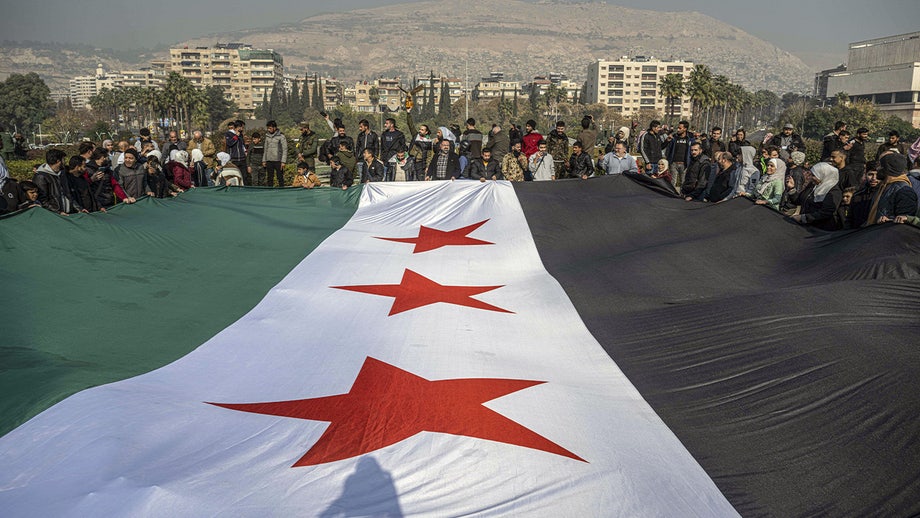
TRUMP’S Bold Sanctions Move on Syria Sparks Hope and Fear
— President Trump has lifted most U.S. sanctions on SYRIA, marking a major change in American policy. The White House says this shift is meant to push back against Iran and help allies like Israel and Jordan.
Press Secretary Karoline Leavitt called it “another promise made and promise kept.” She said Trump wants a stable Syria after meeting with the country’s new leader, Ahmed al-Sharaa.
Some experts say the old sanctions hurt Syria’s economy but did little to stop bad actors. David Schenker told Fox News Digital that “Trump is giving Syria a chance to succeed.”
Syria has started working with U.S. officials by allowing inspections, sharing ISIS intelligence, and cooperating more closely. Former National Security Council official Javed Ali believes this new strategy could help America across the Middle East.
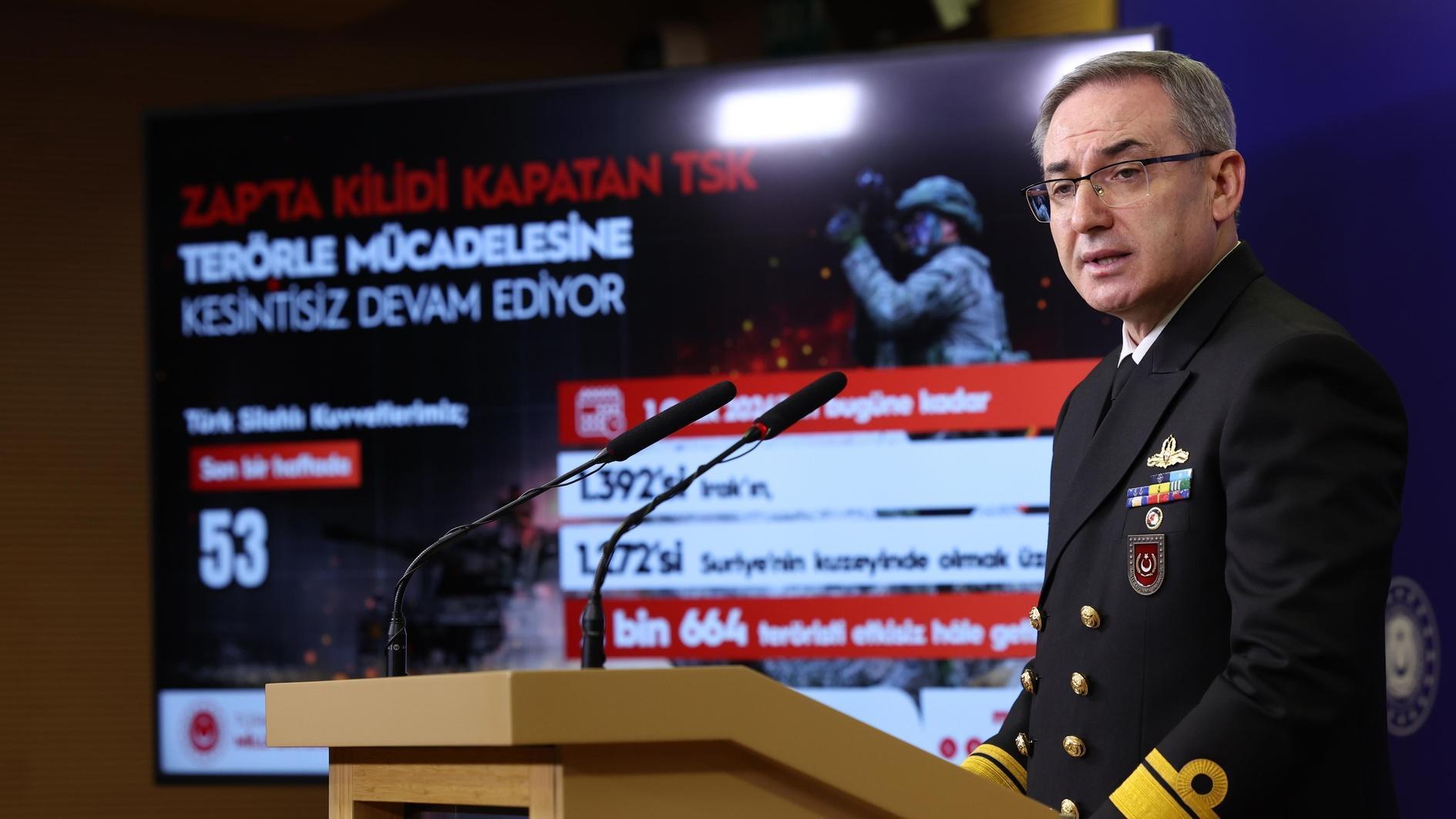
SYRIA CONFLICT Erupts: Over 1,300 Tragic Deaths in Coastal Chaos
— Fierce clashes in Syria’s coastal region have led to over 1,300 deaths as government forces battle Assad loyalists. The violence erupted on March 6 after an ambush on security forces, posing a significant challenge for the new Syrian authorities who took power in December.
The conflict has claimed approximately 1,311 lives, including civilians and security personnel. Latakia and Tartous are the most affected areas with bodies reportedly lining the streets. Residents have been urged to stay indoors as chaos unfolds.
The new government has launched a military operation to regain control and promises accountability for those responsible for the violence. Minority communities like the Alawites face heightened fears amid reports of revenge attacks and rising sectarian tensions.
International condemnation is widespread, with calls from countries like Germany for an immediate ceasefire and investigation into the clashes. The situation poses a serious threat to Syria’s stability post-civil war, raising concerns about further sectarian violence in the region.

SYRIA CLASHES: 200 Dead in Escalating Violence
— Over 200 people have died in Syria as government forces and Assad loyalists clash near Aleppo. This marks a big rise in violence amid growing dissatisfaction with the Assad regime.
Witnesses describe fierce battles with heavy gunfire and artillery, trapping civilians in the crossfire. Many are fleeing, while aid groups call for urgent access to help those affected.
International voices urge an immediate ceasefire and talks to resolve the conflict. Human rights groups demand accountability for the violence, condemning attacks on civilians.
This deadly confrontation is one of the worst since Syria’s civil war began in 2011, highlighting ongoing internal struggles and complex power dynamics among factions loyal to Assad.

SYRIA’S NEW Rulers: Is a Taliban-Like Takeover Imminent?
— Bashar al-Assad was ousted from Damascus two weeks ago, ending his family’s five-decade rule. The insurgent coalition that toppled him was led by Hayat Tahir al-Sham (HTS), an offshoot of al-Qaeda. HTS leader Muhammad al-Jolani, with a $10 million FBI bounty, is attempting to rebrand as Ahmed al-Sharaa to distance from his terrorist past.
Western governments hope HTS will lead a more inclusive Syria and avoid an Afghanistan-like scenario post-U.S. withdrawal in 2021. However, HTS leaders’ admiration for the Taliban raises concerns about their intentions. The Taliban congratulated HTS on Assad’s overthrow, further complicating the West’s cautious optimism.
Despite designating HTS as a terrorist organization, European governments and the UN have reached out to them to prevent another Afghanistan situation. U.S. diplomats have also engaged with Syria’s new rulers for the first time since 2011, aiming to support Syrian civil society and envision a peaceful future for the country.
Outgoing Secretary of State Antony Blinken explicitly warned HTS against following the Taliban’s path on Thursday. The Biden administration is wary of repeating past mistakes and seeks assurances that Syria won’t become another stronghold for extremist rule under its new leadership.

ASSAD’S Fall Rocks Syria: Russia’s Strategic Nightmare
— The fall of Bashar al-Assad’s regime in Syria marks a major shift after 14 years of civil war. Assad, backed by Russia and Iran, has been ousted, leaving these powers to handle the fallout. This change challenges Russia’s strategic interests in the Middle East.
Russia aimed to maintain its influence in the region through military bases like Khmeimim and Tartus. With Assad out, these assets are now at risk. Rebekah Koffler calls this a strategic defeat for Russia amid its ongoing conflict in Ukraine.
Ksenia Svetlova from the Atlantic Council criticized Russia’s failure to keep its promises in Syria. She noted that Moscow’s abandonment of Assad makes it look like an unreliable ally, unlike U.S. support for Israel during crises. This perception weakens Russia’s position among Middle Eastern allies.
Former President Trump commented on the situation saying, “Assad is gone,” highlighting the rebels’ success against the longtime dictator. The event underscores shifting power dynamics and raises questions about future regional stability and alliances.

— Assad Granted Asylum in Russia Deposed Syrian president Bashar al Assad and his family have reportedly arrived in Moscow, securing asylum following his ousting

ASSAD FLEES as Rebels Take Damascus: A NEW Dawn for Syria
— Syrian leader Bashar Assad has fled the country after rebels seized control of Damascus, reports Reuters. Assad and his family have reportedly left Syria, though their destination is unknown. Syrian state TV aired a video statement announcing Assad’s overthrow and the release of all prisoners.
The statement urged opposition fighters and citizens to protect state institutions in “the free Syrian state.” It celebrated unity among Syrians of all sects and ethnic groups. Meanwhile, Prime Minister Mohammad Ghazi al-Jalali said he lost contact with Assad on Saturday night.
Celebrations erupted in Damascus as crowds gathered in central squares, chanting anti-Assad slogans and firing celebratory gunshots. The fall of the Assad regime marks a major shift in Middle East power dynamics after nearly 14 years of civil war.
This collapse ends over 50 years of Assad family rule in Syria, signaling a new chapter for a nation embroiled in conflict with Islamist rebels seeking change.

— Israeli Air Strikes Rattle Beirut Amid Rising Tensions Israeli warplanes have conducted air strikes in Lebanon, prompting Hezbollah’s leader to declare that recent attacks have "crossed all red lines
— Iranian Consulate in Syria Destroyed by Israeli Airstrike, Resulting in Fatalities of Two Generals and Five Officers

— Ukrainian Children to Speak at UN Security Council on War Losses Amid US Aid Package Delay Young Ukrainians affected by war will share personal stories at the UN in a bid to sway Republicans as US military aid remains in limbo

— Trump’s NATO Comments Stir Political Storm, Russia Remains Silent Brief President Trump’s remarks about NATO ignite controversy, while Russia maintains silence amidst growing tensions

Video
BIDEN’S Backlash: US Pounds Iran-Backed Militias
— The U.S. military retaliated last Friday with an air assault on more than 85 militia sites in Iraq and Syria, all backed by Iran. This was a direct response to the drone strike that tragically claimed the lives of three American troops in Jordan the previous weekend.
President Joe Biden set a clear message that there will be more strikes to follow, cautioning, “Our response began today. It will continue at times and places of our choosing.” He stressed that any harm inflicted upon Americans would not go unanswered.
Although the U.S. consciously avoided targeting Iran directly or its high-ranking leaders, it’s unclear what impact these strikes have had due to possible prior warnings potentially driving militia members into hiding. Despite this uncertainty, one primary Iran-backed militia has halted attacks on American troops while others remain defiant and vow to continue their fight.

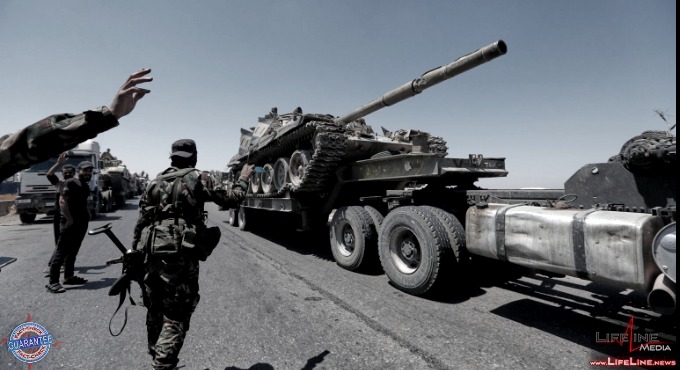
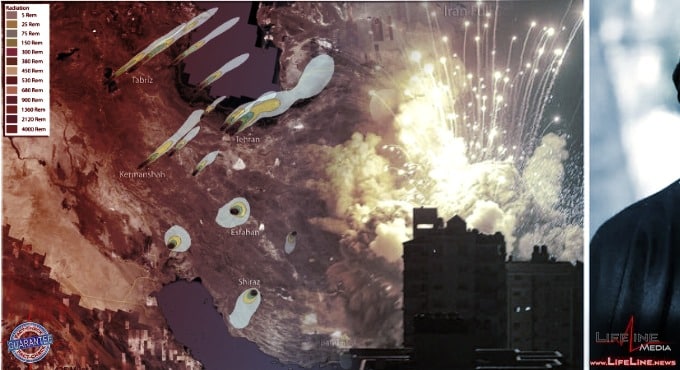

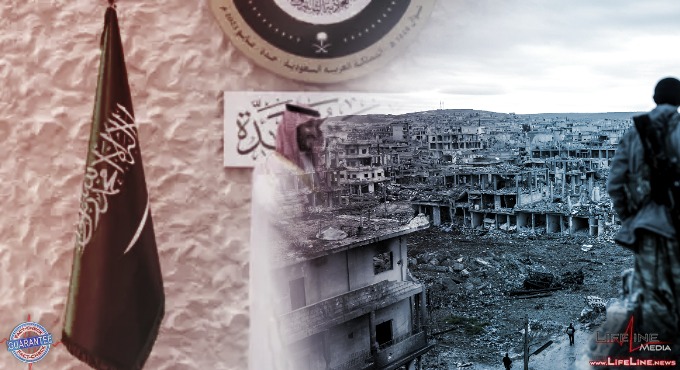

Social Chatter
What the World is Saying